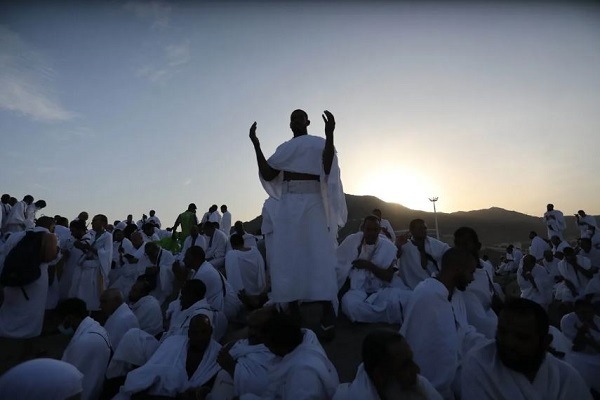Special Prayers of Imam Hussein (AS) on Day of Arafah

The 9th day of the lunar Hijri year of Dhuʻl-Hijjah is marked as the Day of Arafah. It is one of the most blessed days, especially for asking God to forgive our sins and fulfill our duas.
The name of this day is rooted in the Plain of Arafat (an area in Mecca) where Hajj pilgrims have to stay and pray there from noon to sunset on this day in a ritual called Wuquf.
In the last year of his blessed life, Imam Hussein (AS) left behind a rich supplication for this day.
Speaking to IQNA, Quran & Hadith University professor Ahmad Gholamali-pour referred to some points about the Day of Arafah and Imam Hussein’s prayer. Here is a summary of his remarks:
The dua of Imam Hussein (AS) is a kind of prayer. In duas, we typically ask something for ourselves from God but some duas have features of prayer. When someone talks to his love, he likes to talk while also pointing to love. Accordingly, naming the good qualities of love finds great importance and Imam Hussein (AS) does exactly this in this dua.
A review of dua of Arafah by Imam Hussein (AS)
First lines of the dua offer description of God Almighty as we read: “Praise be to Allah Whose determination cannot be repelled by anything, whose gifts cannot be stopped by anything.”
The grandson of Prophet Muhammad (PBUH) notes that Merciful God is aware of all issues. “You had begun bestowing on me before I was anything worth mentioning,” he says and points to the gifts God has bestowed to man since the start of creation. Thinking about these extensive gifts bears great importance.
In the second part of this dua, Imam Hussein (AS) says: “O Allah, (please) make me fear You as if I can see You.” He then humble himself before God: “It is You Who conferred favors (upon me). It is You Who did good (to me). It is You Who treated (me) excellently. It is You Who favored (me). … So, all praise be to You permanently, and all thanks be to You enduringly and eternally. However, it is I, O my God, who confess of my sins; so, (please) forgive them to me. It is I who did badly. It is I who did wrong. It is I who had evil intention.”
These lines show the immense capacity of a man who knows Allah well. He has achieved internal power. This is where the dua comes to its end with Imam Hussein (AS) saying “O my Lord! O my Lord! O my Lord…” with eyes full of tears.



